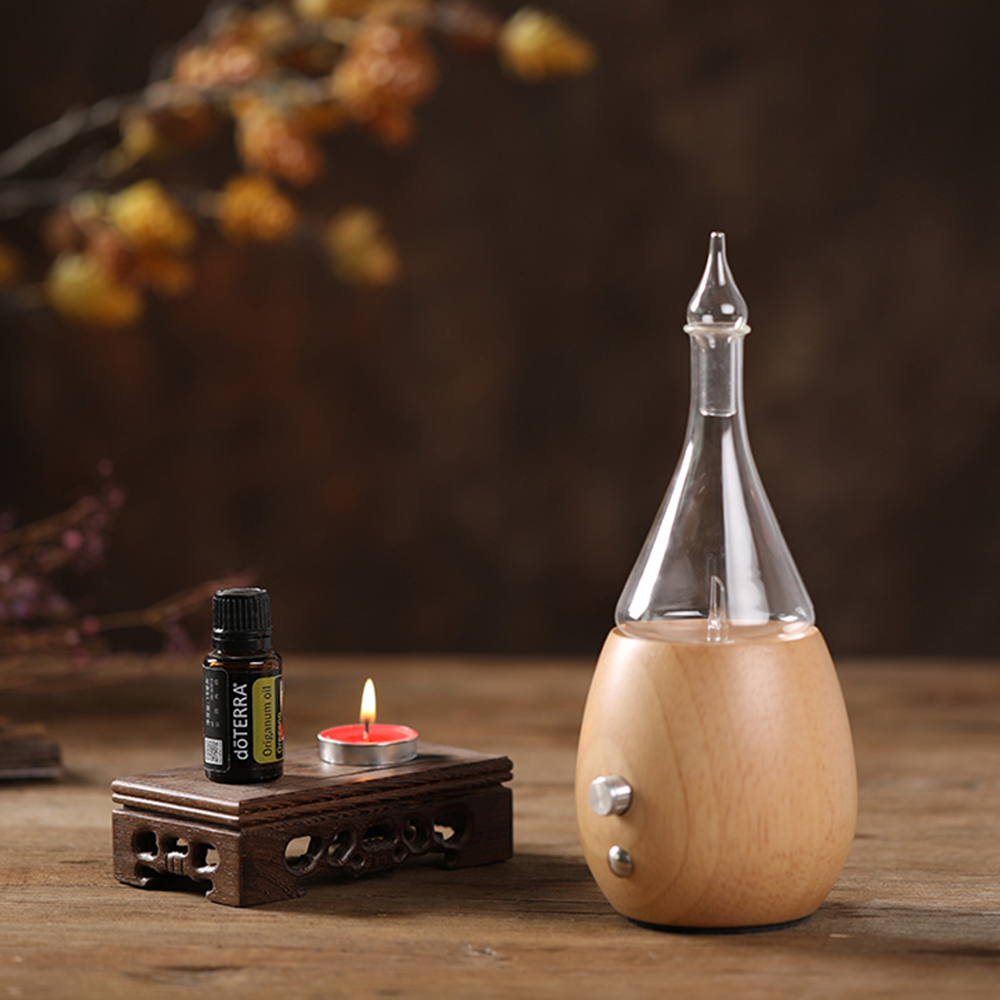
- Free Shipping on Orders Over $79
A Timeless Tradition: Essential Oils Throughout History
A Timeless Tradition: Essential Oils Throughout History

For millennia, humans have looked to nature for ways to improve their health and well-being. Essential oils, the concentrated essences extracted from plants, have played a prominent role in this journey. Their captivating scents and potential therapeutic properties have captivated cultures around the globe for centuries. Let’s delve into the fascinating history of essential oils and explore their enduring legacy.
Ancient Discoveries: The Early Days of Aromatherapy
The use of essential oils stretches back to the dawn of civilization. Evidence suggests that ancient Egyptians, Greeks, Romans, and Chinese all incorporated essential oils into their daily routines. Egyptians used them in elaborate embalming practices and believed they held the key to eternal life. Greeks and Romans valued essential oils for their fragrance and potential medicinal properties, using them in baths, massages, and even warfare.
The Silk Road and the Spread of Aromatherapy
The Silk Road, a network of trade routes connecting East and West, played a pivotal role in the spread of essential oils. Chinese knowledge of essential oils, extracted through techniques like steam distillation, traveled westward, influencing cultures across Asia and Europe. The Arabs, skilled alchemists and traders, further refined the extraction and use of essential oils, developing new methods like expression.
Medieval Medicine and the Rise of Herbalism
During the Middle Ages, essential oils continued to be a cornerstone of medicine. While the understanding of their properties remained somewhat empirical, they were used to treat a wide range of ailments, from respiratory issues to skin conditions. The rise of herbalism, the use of plants for medicinal purposes, further solidified the importance of essential oils in traditional healing practices.
The Modern Era: A Resurgence of Interest
The development of modern medicine in the 19th and 20th centuries led to a decline in the use of essential oils for purely medicinal purposes. However, recent decades have seen a resurgence of interest in aromatherapy, the practice of using essential oils for therapeutic benefits. Scientific research is beginning to explore the potential effects of essential oils on mood, relaxation, and even pain management.
A Legacy of Wellness: Essential Oils Today
Today, essential oils are more popular than ever. People are drawn to their natural properties and potential health benefits as they seek alternative and complementary wellness practices. From calming lavender oil to invigorating peppermint oil, a vast array of essential oils caters to a variety of needs and preferences. Diffusers, like those offered by Omsint, allow you to easily experience the benefits of essential oils in your own home.
A Timeless Tradition for Modern Lives
The story of essential oils is a testament to the enduring power of nature’s bounty. From ancient civilizations to the modern world, these fragrant extracts have captivated humanity. As we continue to explore the potential benefits of essential oils, one thing remains clear: their legacy of wellness is sure to continue for generations to come.

Welcome to Omsint, home of the nebulizing essential oil diffuser – a perfect blend of innovation and nature. Our diffuser uses advanced nebulizing technology to disperse pure essential oils into the air without the need for heat or water, preserving their therapeutic properties. Experience the ultimate in aromatherapy with our stylish, eco-friendly design that complements any space. At Omsint, we are committed to enhancing your well-being with the highest quality products for a healthier, more fragrant environment.
Say Hi
- Address: 4666 Xianyue Rd, Huli District, Xiamen, Fujian, China, 361016
- Open Hours: Mon– Fri: 9am–6pm
- Sat-Sun: Holiday
- Email: support@omsintdiffuser.com
Customer Service
Get in Touch
Join Our Newsletter
Copyright © 2025 Omsint - All rights Reserved





